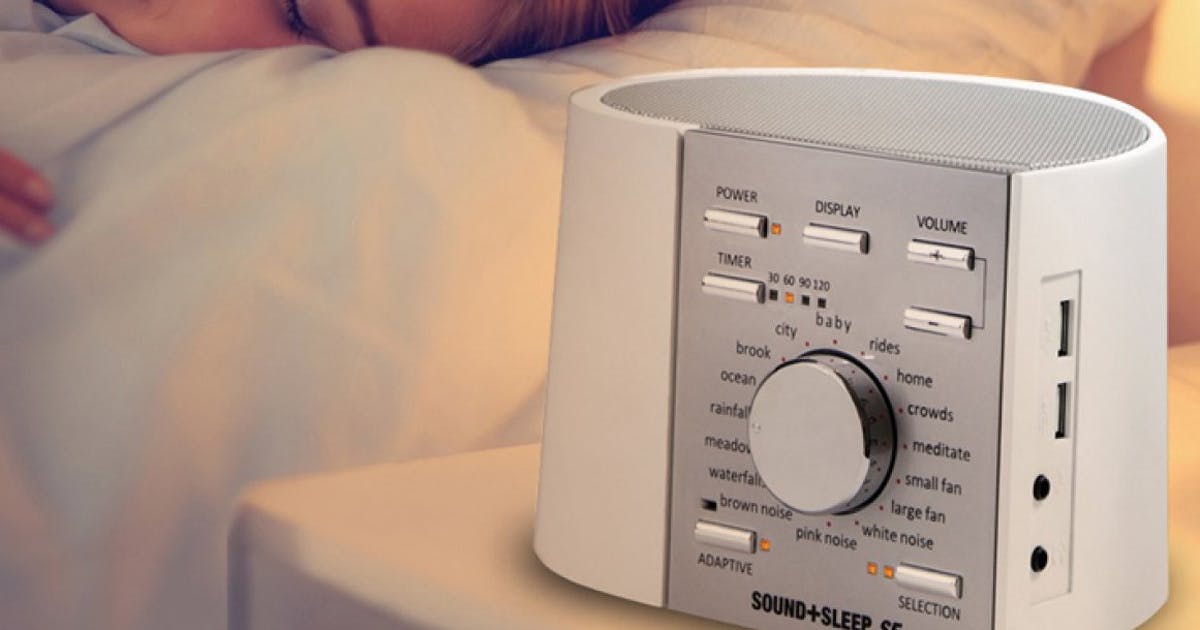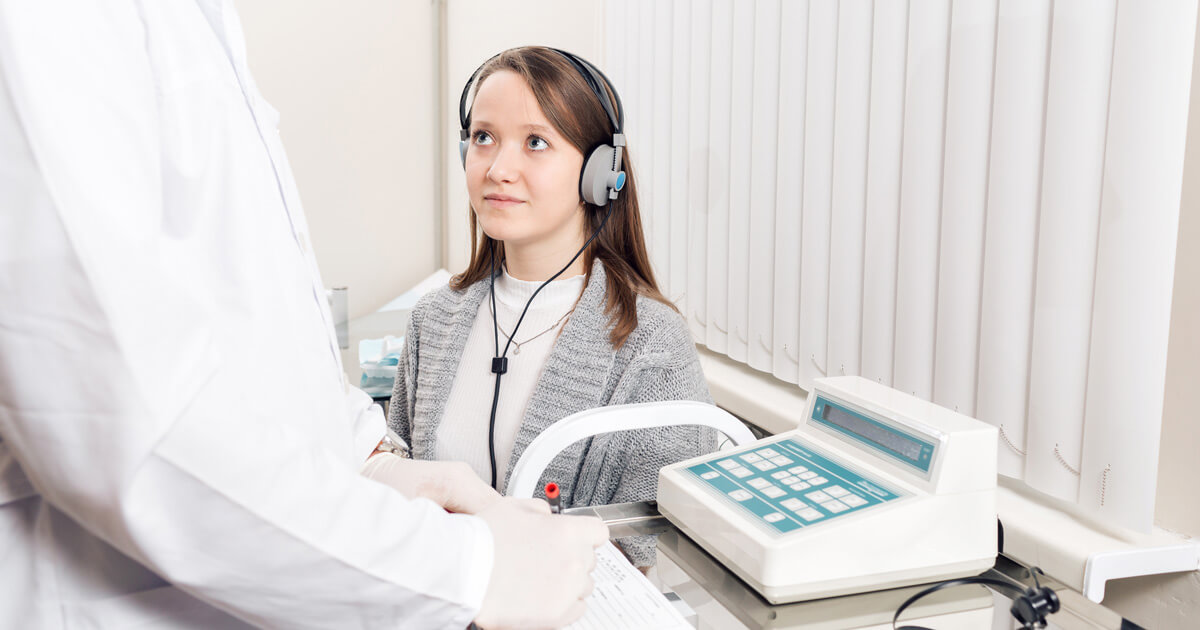How To Treat Tinnitus Effectively
White Noise Machines

White noise machines help mask the constant ringing in the ears patients with tinnitus experience. Several types of these machines are available in drugstores and at specialty stores, and doctors may be able to recommend particular kinds that could be especially helpful in treating the patient's symptoms. Generally, a process of trial and error can help in finding the most appropriate white noise machine for the patient's needs. These machines may play noises that sound like static, and some also play sounds from nature, including birds chirping, rain, thunderstorms, and gentle rivers.
It can be especially beneficial to use these machines at night. While it may not always be possible for the patient to use their machine at work, playing white noise sounds through headphones might be soothing during the workday. In this case, patients may wish to purchase CDs or digital files of different white noise sounds, and many white noise playlists are available online for free. Some patients have found pink noise helps them just as much as white noise, and patients could choose to experiment with both of these to find the option that works best for their needs.
Tinnitus Retraining

Tinnitus retraining is a form of therapy known as habituation therapy. The aim of this therapy is to provide a variety of devices and coping mechanisms to the patient that can make their tinnitus less troublesome. The first part of retraining consists of sound therapy, a process in which the patient wears various devices behind their ear. These devices emit sounds or music that can divert the patient's attention away from the tinnitus noises. Many of the devices used for sound therapy can be programmed by an audiologist to provide customized sounds for each patient. Headphones, hearing aids, and other sound-masking devices are all appropriate for use in sound therapy.
The second part of tinnitus retraining is provided by a psychologist, and it typically includes cognitive behavioral therapy or other counseling techniques that help the patient cope with the emotional effects of tinnitus. The psychologist will teach the patient different methods they could employ to provide a distraction from the tinnitus, and the patient also learns techniques to reduce the anxiety sometimes associated with this illness. Counseling helps affected individuals stop viewing their tinnitus as a danger, and they learn coping strategies that are beneficial in particularly stressful times.
